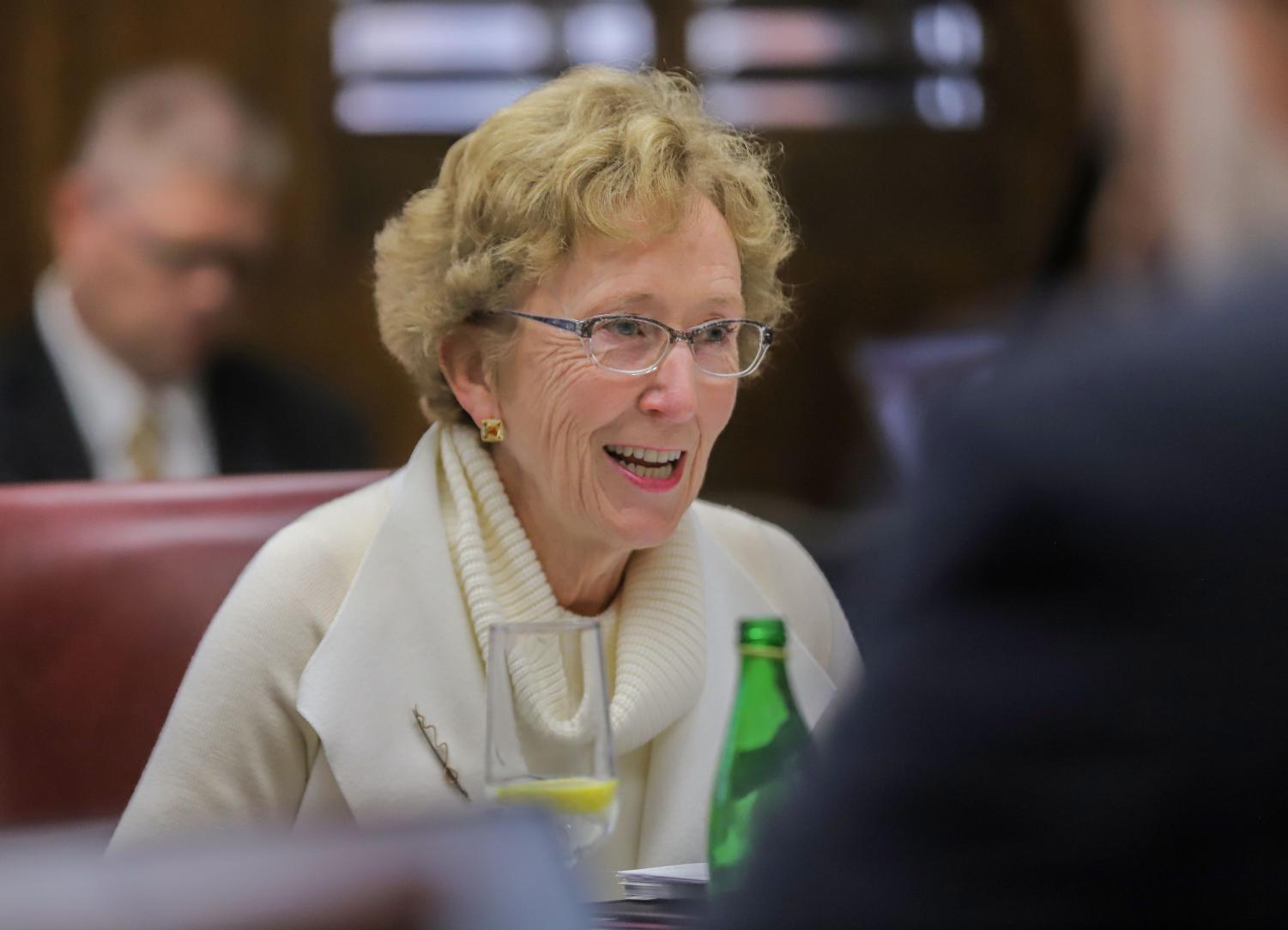President Shipley discusses MSU’s decision-making process amid COVID-19
April 21, 2020
Due to the COVID-19 pandemic, MSU Texas began instruction for all classes to be online for the rest of Spring 2020. President Suzanne Shipley discussed what happened behind the scenes to ensure that students were still receiving the best education possible during this time.
“Every single individual has a depth of disappointment in this and we’re trying to alleviate that,” Shipley said.
Q: Was there a timeline of how all of this played out, 1and who was involved in the decision-making process?
A: “In terms of decision-making for the crisis, our team for such things is the cabinet. We were meeting every day as a group and taking decisions one-by-one. I was keeping the board chair apprised, and our board-relations person was keeping the board apprised; the main way we did that was the emails we sent to folks and the postmasters that people got. [When March Madness was canceled] it was from that day on, every single day. Behind the scenes on those announcements, [the questions were]: ‘How fast can I.T. work?’ ‘How much notice will our faculty need?’ ‘How will we make sure we have the infrastructure and students have access to the things that they need?’ So you’re walking across the bridge as you build it.”
Q: What has this looked like behind the scenes in terms of getting the transition in place for students?
A: “It was early on that rapidly-emerging cascade of decisions that had to be made. Just moments, it felt like, after the NBA canceled its season then you had the decisions coming about March Madness from NCAA, and then the next day we’re meeting. It’s that fast because we’ve got to let students know what we’re doing. We had to get the cabinet together to make decisions right away on how we should line this up, and by Thursday get a word out to students that we’re shifting to online and extending spring break. We had been having emergency meetings so a lot of deans and chairs were ready for it, but we didn’t have the best way of doing it, which is everybody gets communication with advance notice. The students got the first communication, faculty got the second communication and staff got the third communication. That’s how it rolled out — cabinet meeting after cabinet meeting and phone call after phone call.”
Q: What would you like to say to the students at this time?
A: “I want them to know that all faculty I’ve talked to [and] the staff, they are trying to do the best they can to alleviate the stress and disappointment of this situation. [For] faculty, it’s getting the best instruction out there they can; staff and faculty; it’s getting all the help to the students they can; [for] student affairs, [it’s] determining when refunds are given, how refunds are given, how credits are given; [for] international students who have had to remain here, how do we feed them, how do we link them with people to give them some shadow of a social life so that they’re not too lonely; then trying to be very public in our media connections to show the processes [and] why they’re happening. I’m trying to do some humorous videos, some YouTube videos and [it’s] just everybody doing their part.”
Q: What would you like to say specifically to seniors who are graduating in May?

President Suzanne Shipley talks about keeping the change to professors mandatory office hours from 10hrs to 5hrs per week at the Board of Regents meeting. Nov. 7.
A: “Wow, I feel your pain. It’s a disappointment for us too, and I hope, hope, hope you can come back August 1. We didn’t really want to do a virtual graduation. We’ve got some tricks up our sleeves that I think will make seniors feel a little better that I don’t want to disclose in this interview. We just think this is the type of institution where we need to be together again, and so hopefully, we can have an in-person graduation on August 1. Again, it’ll depend on how things are, and if that’s too early, then we’ll reschedule it as soon as we can. There’s always the December graduation scheduled, so we’ll just do the best we can to get folks together. To the seniors, the NCAA gave extended eligibility, but it’s not the same as having the season you had dreamed of, and I feel very sorry for the senior athletes as well. Just, my heart goes out to people. I think the saddest thing [for] everyone is the economic impact. But, as I’ve said to students, I hope this gives you an opportunity to acquire some skills that will make you a very competitive job candidate, or a very good candidate for graduate study. I urge everyone to take advantage of this moment and do all you can to maximize it for your own benefit and minimize the emotional negativity of it.”
